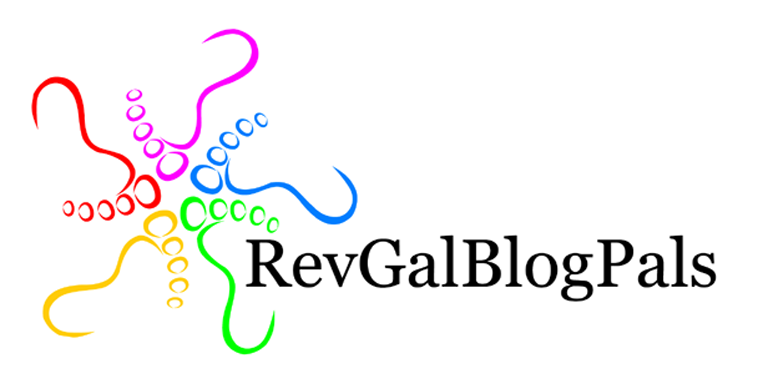Because there just hasn’t been enough about politics in the news recently, I’ve been reading up on potential Democratic presidential candidates for 2020. I wondered why people identified Senator Kamala Harris as African American, since her heritage is Jamaican and Indian. Although I had a feeling this was a really stupid question, I nevertheless sent my query to the African American Registry.

Sure enough, a guy named Ben wrote back simply, “Follow the middle passage.” Too late, I remembered my trip to the Museum of African American History and Culture last year and all I had learned (and forgotten) about the early slave trade: the maps outlining slave ship routes from the African continent to the islands, the pictures of the sugar cane plantations, the whips and shackles and chains. In fact, by the time of the American Revolution, there were close to 200,000 African slaves in Jamaica.
Feeling sheepish and frustrated with myself, I wrote back thanking Ben and asking him to forgive “my ignorant white self.” I am always aware and grateful to people of color who take the time to educate me.
Much to my surprise, Ben wrote back and asked if he could interview me. Turns out he is the director of the Registry, and an important part of his work is educating white people. He said he hoped I could help him “understand whiteness.” I told him I certainly couldn’t speak for all white people, but I’d be happy to help if I could.
Understanding Whiteness
Ben has two main questions:
- How much does guilt propel whites to try to step outside their comfort zone in the professional world?
- What does it look like to consistently give up one’s racial privilege for a lifetime?
These questions have got me thinking, and I’m looking forward to our interview. Understanding my own history of family racism and privilege has been an important part of my personal and spiritual growth, and was also key to my professional development when I worked on cultural competency and dismantling racism at the Sierra Club. Getting beyond my guilt and shame was essential.
What really interests me, though, is his second question. I’m not sure that white people *can* give up their privilege. It just is. It is a fact. You can’t take off your skin color. I did nothing to get it, it’s just the way other people and society as a whole view me.
I am aware of it now, and do small things like always letting a person of color walk through a door first or get in line ahead of me or speak first in a meeting. Just to purposely step out of my unwarranted position of privilege. And I work towards racial justice and reconciliation and try to make sure that the groups I work with are not led by white people. But I just don’t think that a person can “give it up.” The trick is to become increasingly conscious of it and to decline it or bring it to light whenever possible.
What do you think? I’d be really interested in your thoughts on either of these questions. These are such important conversations as our nation struggles to confront the resurgence of white supremacy in America today.
I wish you a blessed, just, inclusive, and compassionate new year!
— Image of Senator Kamala Harris from Wikimedia Commons




